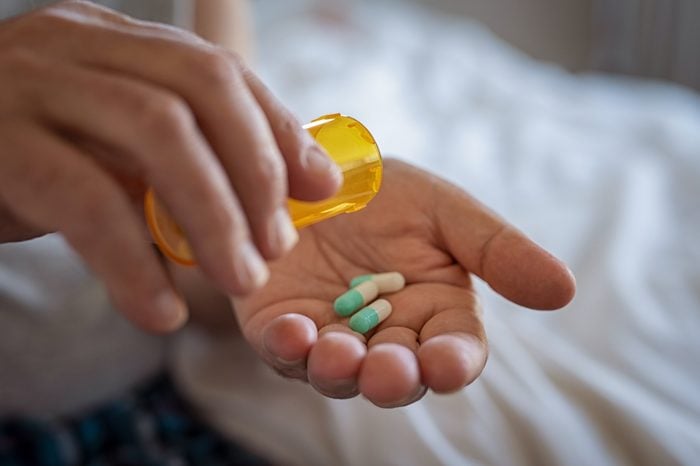
Could your medication make you sick?
Medications are formulated to make you feel better, but sometimes, depending on how you take them, they can have unhealthy consequences on your body. Taking multiple medications at once can lead to unpleasant side effects due to drug interactions. However, it can be difficult to tell whether it’s the medication combination that’s making you sick.
Our medical experts share the silent signs to look to see if your medication is actually what’s making you sick.
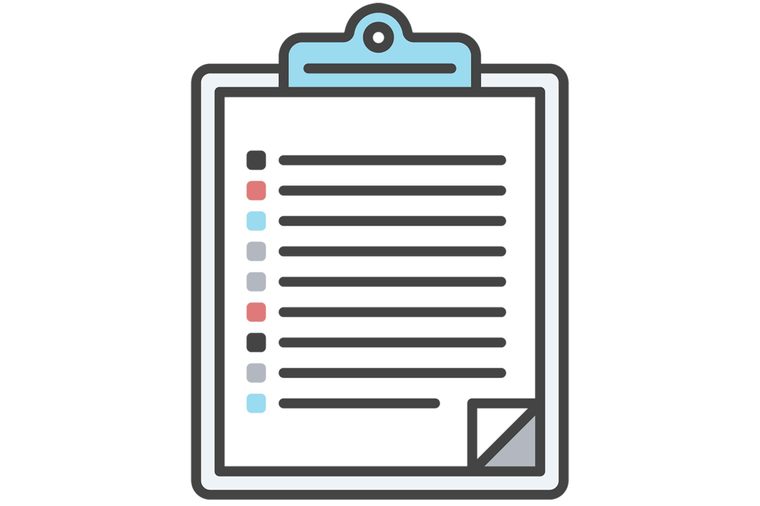
Your medication list is not up to date
While keeping track of your medications can be cumbersome, it’s the only way healthcare providers can help prevent possible drug interactions. We live in a time when more people than ever are taking prescription drugs. According to the Centers for Disease Control and Prevention, physicians ordered or provided 2.8 billion drugs for their patients in 2013 and those numbers have risen steadily over the years. Of the billions of drugs that are being prescribed, a rising number of patients are taking more than just one medication, and that’s why it’s essential to keep track.
“Make a list of all the medications, vitamins, supplements, and herbal remedies you are taking and keep it up to date,” says Heidi N. Anksorus, PharmD, clinical assistant professor at the University of North Carolina’s Eshelman School of Pharmacy in Chapel Hill. This also includes over-the-counter medicines you take, too. You should be prepared when you go to see your healthcare professional or pharmacist. “Telling your doctor that you ‘take a little white blood pressure pill that starts with a A’ won’t help—there are a million little white pills that start with an A,” says Anksorus. It can be helpful to keep this list in one place and with you to share when necessary.
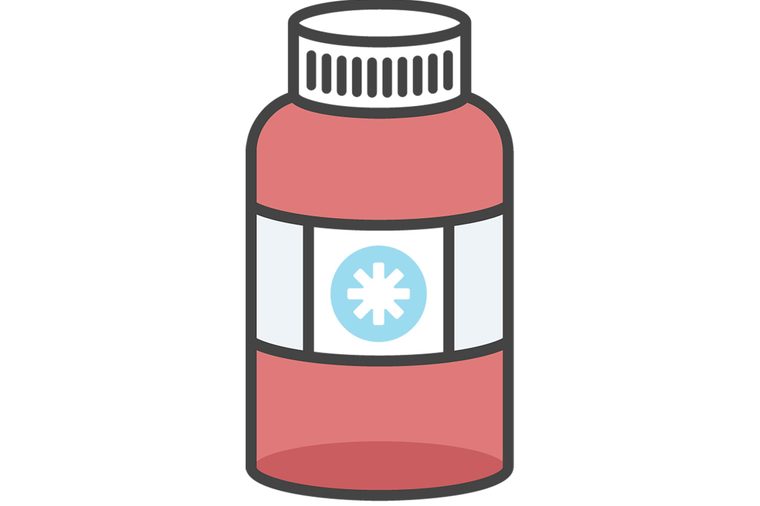
You’re starting a new prescription, supplement, or vitamin routine
Side effects from medicines can happen at any time, but they are more likely to occur when starting a new medicine or changing dosages, explains Jennifer L. Bacci, PharmD, assistant professor and Kelley-Ross Faculty Fellow at the University of Washington School of Pharmacy in Seattle. When picking up a new medicine at the pharmacy, have your pharmacist explain the specific signs and/or symptoms that might indicate you are experiencing a side effect of that medication. The pharmacist can also tell you if the symptoms will go away after time and when you should call your doctor.
“Some medications such as antibiotics, cause nausea, but it is not serious, it is manageable,” says Anksorus, “And with some medications, the side effects will disappear, but you have to stick with it for a couple of weeks.” Anksorus says that it is just as important that patients know that certain side effects will not go away. “Blood pressure medications may cause a cough that won’t go away.” With serious side effects such as blood in the urine or stool, shortness of breath, blurred vision, or an intense headache, you don’t want to take a wait-and-see approach, she explains. You need to call your doctor or go to the emergency room. Don’t miss these questions you should ask your doctor before trying a new prescription.
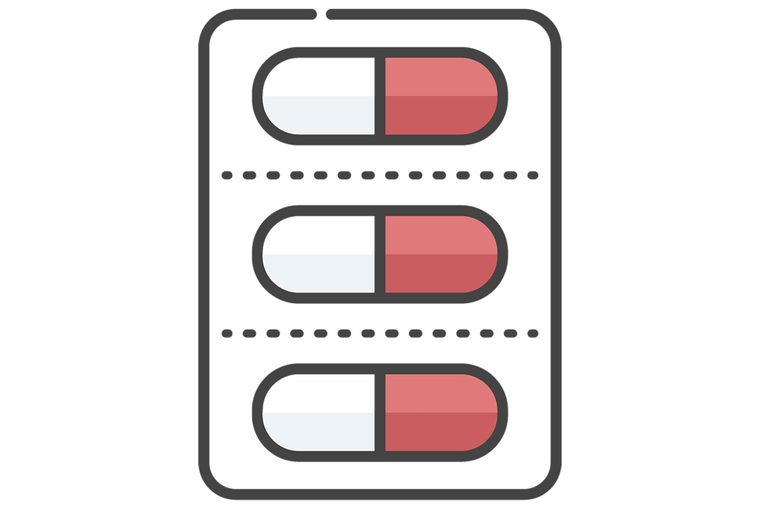
You are taking a medication known for its side effects
All medications have potential side effects, but the complications connected to certain classes of drugs may be more harmful or dangerous than others, says Bacci. “We tend to monitor people on these types of medicines very closely,” she says. Rapid-acting insulins or sulfonylureas, for example, can cause hypoglycemia (low blood sugar) in people with diabetes. Other high-risk medicines include anticoagulants, such as warfarin, which can cause bleeding, and opioids such as oxycodone, hydrocodone, or fentanyl, which can cause drowsiness. Sometimes what you think is a side effect of the medication may actually be a symptom of the condition you are trying to treat, says Anksorus. “If you take warfarin, and are experiencing shortness of breath or swelling in calf, I’d be worried that it might be a blood clot in your leg—sometimes the cautions that are listed may not be related to the drug but to the disease state.”
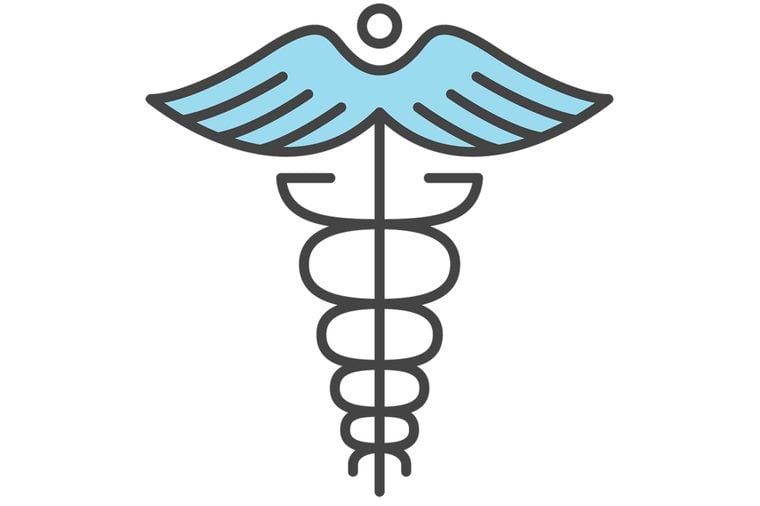
You’re forgetting about your over-the-counter meds
“Even though over-the-counter (OTC) medications do not require a prescription, they can cause side effects and can also interact with other [OTC] or prescription medications,” says Bacci. Talk to your pharmacist or doctor before using an OTC to ensure it is safe. The most commonly used OTC drugs—acetaminophen, ibuprofen, and aspirin—can contribute to adverse drug reactions, especially in the elderly. Some prescribed pain medication can have acetaminophen, so avoid taking acetaminophen over-the-counter, says Ann Tritak, EdD, RN, a registered nurse and an associate dean for the department of nursing at Felician University in Rutherford, New Jersey. “You may end up increasing the dose of acetaminophen, which is toxic to the liver,” she says. Aspirin can also cause problems. “A person taking meds to prevent clots may take an aspirin and then end up in the emergency room bleeding,” says Tritak. If you are taking thyroid meds, you need to avoid certain cold medications, she says. “The decongestant pseudoephedrine makes you drowsy and will interfere with thyroid meds.” Make sure you know these facts about taking too many medications.
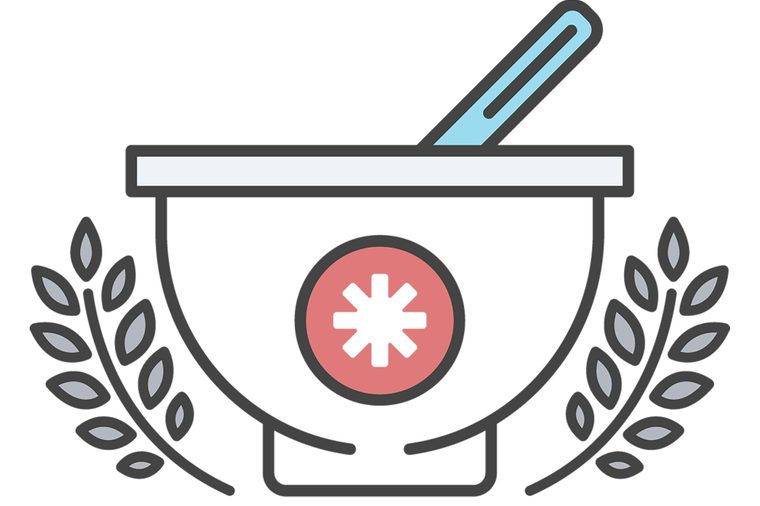
Vitamins, supplements, and herbal remedies can mean trouble
Some of us take a supplement or several and it’s important to be aware of what’s good and bad about them. But more than 42 percent of adults don’t tell their primary care doctors about their most commonly used complementary and alternative medicines, according to a 2016 study in JAMA Internal Medicine—and the reason is often because they fear disapproval from their doctor. “Vitamins, supplements, and herbal remedies all have side effects and can interact with other medicines,” says Bacci. For example, vitamin B complex impacts muscle damage when combined with statins and can cause the kidneys to break down while herbs such as St. John’s wort can weaken the effects of medications such as anti-depressants and the heart medication digoxin, according to the National Center for Complementary and Integrative Health.
Unlike prescription medications, alternative products are not regulated by the U.S. Food and Drug Administration, and do not go through extensive testing to prove they are safe and effective before they can be sold to the public, explains Bacci. “Patients tell their doctors they are taking natural supplements, but there are so many and some companies make proprietary blends that have several herbal ingredients—you might not know what’s in there,” adds Anksorus. “It’s important to talk to your pharmacist or physician before starting any vitamin, supplement, or herbal remedy, as they can help you select a reputable product that is safe for you to take.”
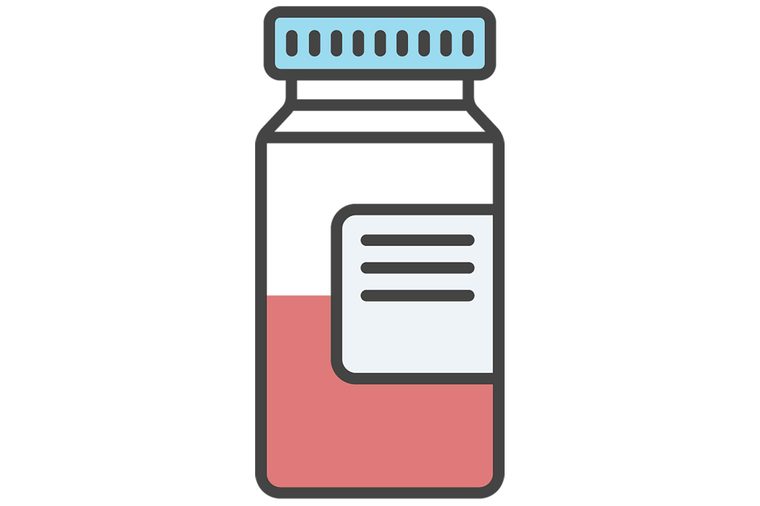
You are missing doses or not taking them on time
Your healthcare provider can’t get a good sense of how well a medication works for you if they don’t know how you take it. “If a patient is on a blood pressure medication and they are supposed to be taking it twice a day, but they don’t, they will go back to the doctor and still have high blood pressure—and they may get prescribed another med,” explains Anksorus. There are many reasons that patients stop taking their meds or miss a dose. Sometimes they forget, sometimes it’s not convenient for them or maybe the reasons are more specific. Always be truthful and communicate with your healthcare team so they can help identify barriers to treatment.
“They may not like taking the night dose because it may keep them up or sending them on several trips to the bathroom or maybe the drug is giving them embarrassing side effects such as gas,” says Anksorus. “Little changes can make a big impact,” she says. “We don’t want the person to write the medication off when we could have adjusted the timing of the dose.” For those who can’t remember to take their medications, Anksorus suggests creating a plan that best fits your needs and lifestyle such as setting reminders on your phone or having a caregiver fill the pillbox for the week.
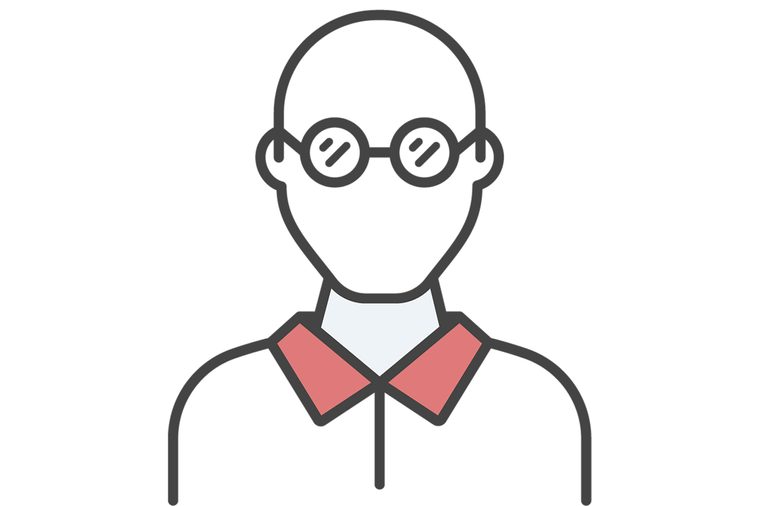
The drug may be risky given your age
Started in 1991 by Mark Beers, MD, and colleagues, the Beers List is a list of 34 potentially inappropriate medications for older patients. Sometimes people have been on a drug for years, and they reach a certain age and discover the medication is on the Beers List, says Anksorus, “This list indicated medications with high-risk that should not be prescribed for people older than 65.” Don’t miss these questions you should ask your doctor before taking pain medications.
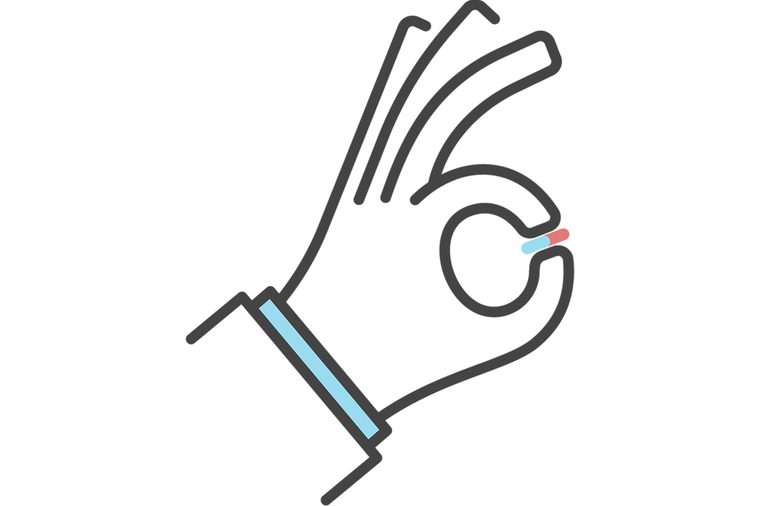
Your diet is messing with your meds
Drinking a harmless glass of grapefruit juice or enjoying a kale salad may sound like a healthy idea, but some foods can cause serious interactions with certain medications. Grapefruit juice and statins can weaken muscles and lead to kidney damage while eating leafy greens that are high in vitamin K can interfere with blood thinners such as warfarin, according to Tritak. “Kale and leafy greens can interfere with Coumadin to prevent a clot,” says Tritak. Those who are on medications to lower their blood pressure should avoid licorice root/tea and black licorice, which contains glycyrrhizin, a substance that raises blood pressure. Here are some food-drug interactions you should avoid.
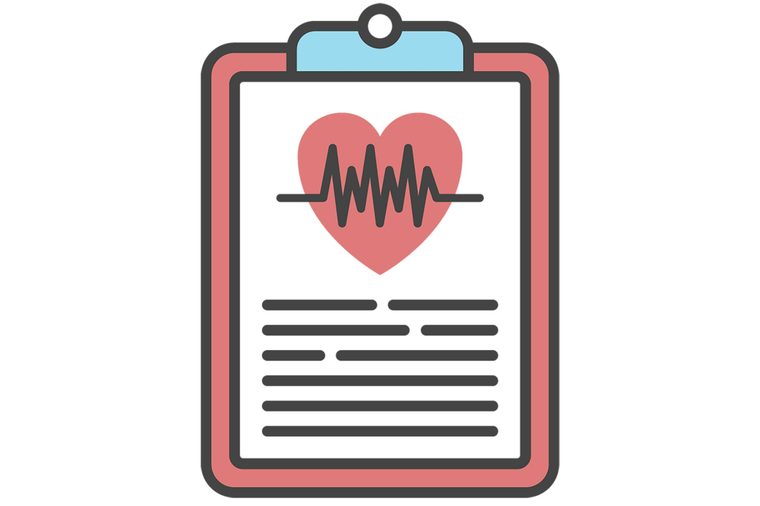
You’re on two meds with the same risk profile
“Side effects can sometimes be additive, meaning taking two or more medicines with the same side effects can make you more likely to experience those side effects and/or make the symptoms worse if you do experience them,” says Bacci. Taking multiple sedating medicines, such as opioids, muscle relaxants, anti-anxiety medications, antihistamines, or sleep medications, for example, can increase the fatigue and tiredness, making it unsafe for you to drive and perform other activities. “With side effects, having a good communication with your doctor or pharmacist may help,” says Anksorus. “You may need to take it with food, or take it before bed, they can tailor the medication to help you deal with the effects.”
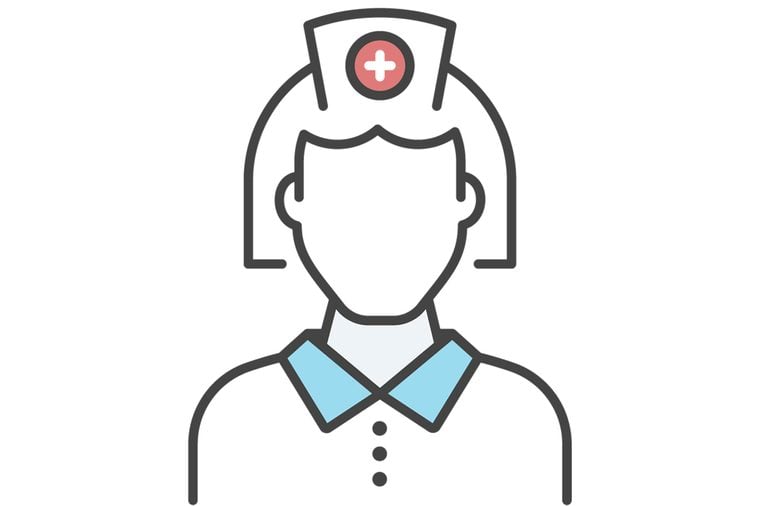
You decided to change your dose—on your own
You may feel like your medication is not working right, but it is important that you do not self-diagnose or change the dose of your medicine without talking to the prescriber first, especially if you are taking antidepressants or beta-blockers. “Changing your dose makes it more likely that you will experience a side effect,” says Bacci. Depending on the medicine, a side effect could be caused by changing the dose too much or too quickly; decreasing dosage or stopping a prescription can also trigger problems.
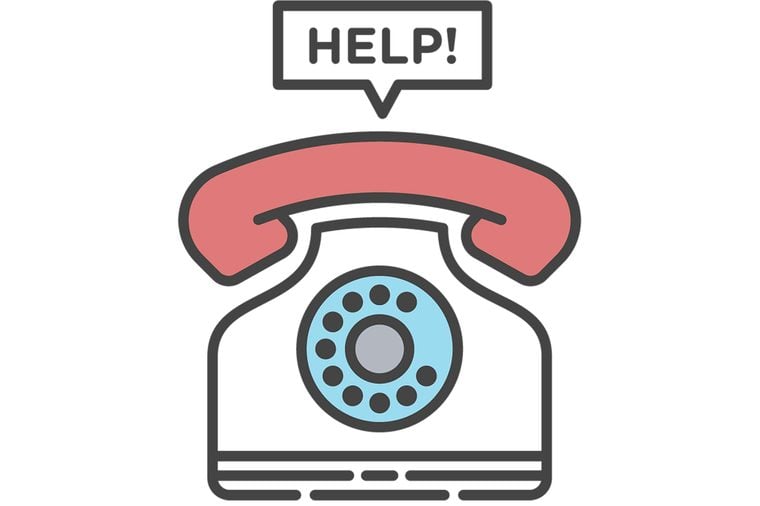
You think you can just push through your symptoms
You know your own body better than anyone else. If you think you might be experiencing a side effect, it is best to ask your pharmacist or doctor. “Calling your local pharmacy is a great first step because you can speak to a licensed pharmacist, who is specially trained as an expert in medicines and their side effects, via telephone very quickly,” says Bacci. “When in doubt, pick up the phone,” confirms Tritak. “If you don’t feel right or yourself after being on a new medication, call your doctor or pharmacist. You may not want to bother them, but they would rather talk to you than see you in the emergency room.” Here are things all pharmacists keep in their medicine cabinet.
